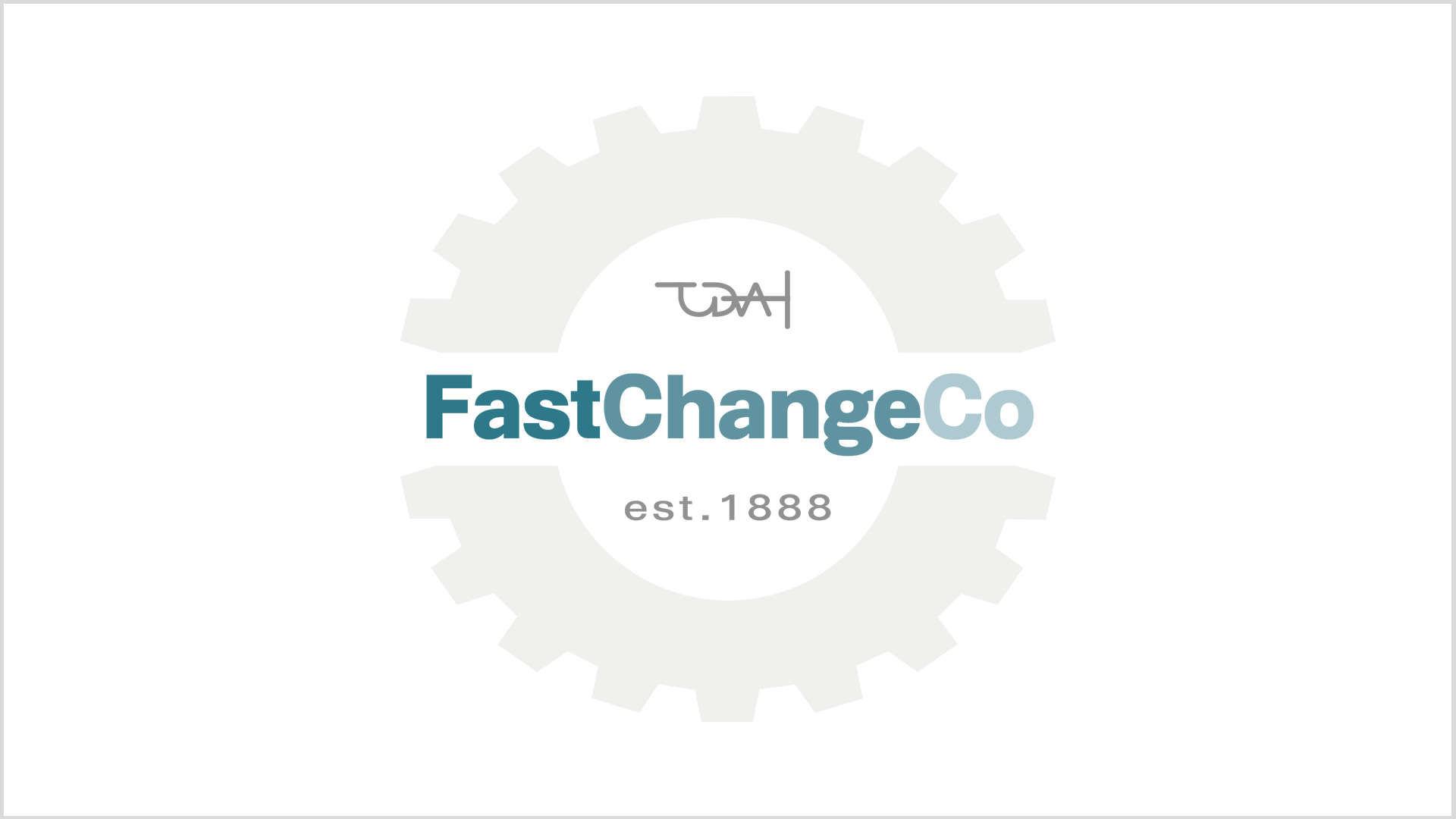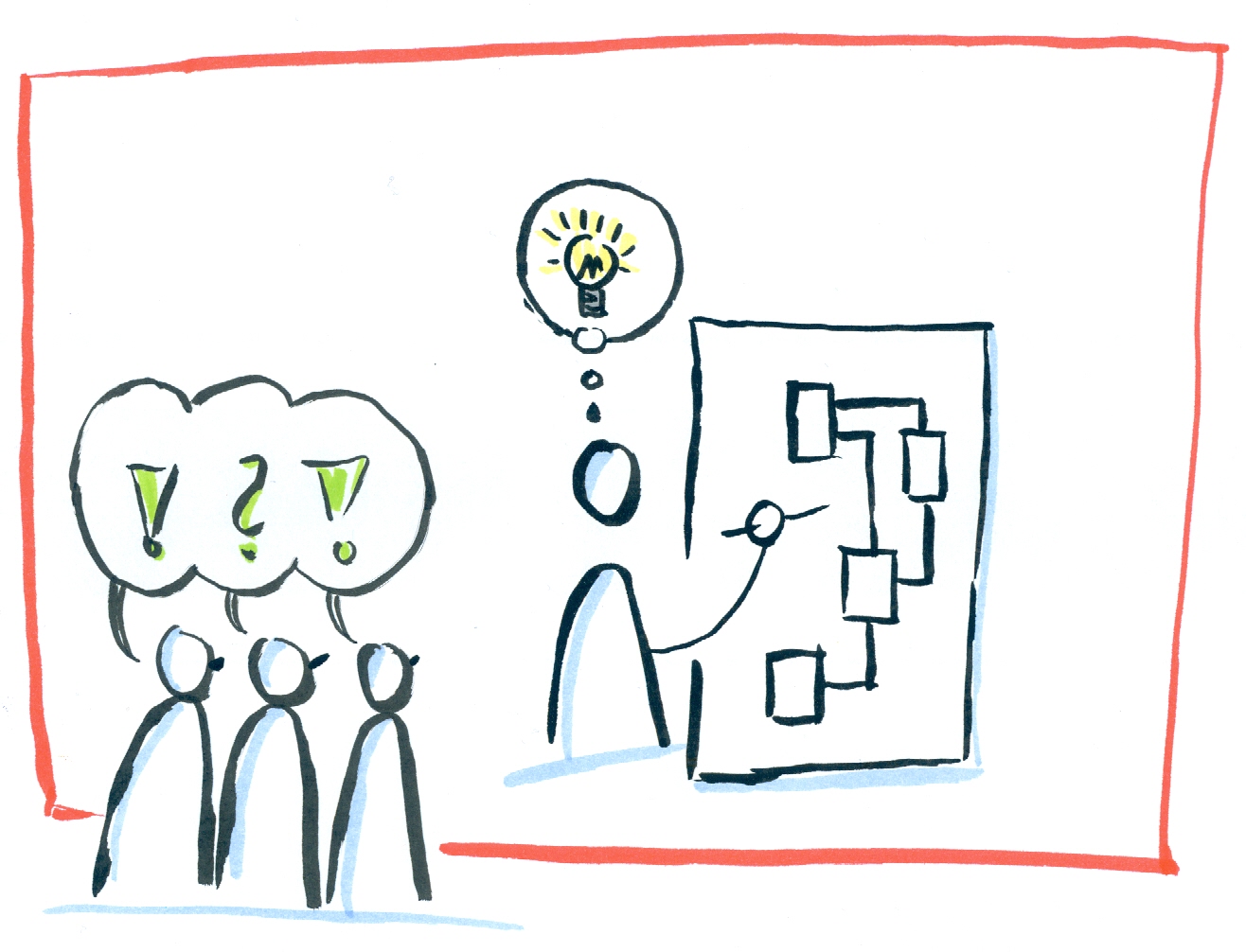Künstliche Intelligenz revolutioniert gerade nahezu jeden Geschäftsbereich. Doch bei aller Begeisterung für diese Technologien wird dabei oft ein fundamentales Paradox übersehen: KI benötigt hochwertige, strukturierte Daten, um überhaupt funktionieren zu können. Gleichzeitig ist ausgerechnet KI selbst nicht in der Lage, die Datenstrukturen zu schaffen, die sie zum Arbeiten braucht.
An EXASOL Webinar serie
We are back again after a long time, with a new webinar. The last one, we (Mathias and I) did together is almost four years ago. Time flies by! What's up this time?
The fictitious company FastChangeCoTM has developed a possibility not only to manufacture Smart Devices, but also to extend the Smart Devices as wearables in the form of bio-sensors to clothing and living beings. With each of these devices, a large amount of (sensitive) data is generated, or more precisely: by recording, processing and evaluating personal and environmental data.
In recent weeks I have read so many pessimistic and negative articles and comments in the social media about the state of data modeling in companies in Germany, but also worldwide.
Why? I don't know. I can't understand it.
I know many companies that invest a lot of time in data modeling because they have understood the added value. I know many companies that initially rejected data modeling as a whole, but understood its benefits through convincing and training.
Isn't it the case that we (consultants, managers, project managers, subject-matter experts, etc.) should have a positive influence on data modeling? To support our partners in projects in such a way that data modeling becomes a success? If we ourselves do not believe that data modeling is a success, then who does?
In der Vergangenheit hatte ich immer wieder Bedarf an großen Datensätzen, um Datenlogistikprozesse oder eine Datenbanktechnologie für Data Vault zu testen.
Seite 1 von 8




